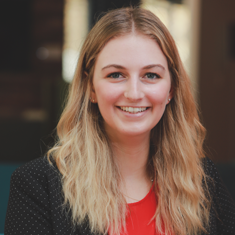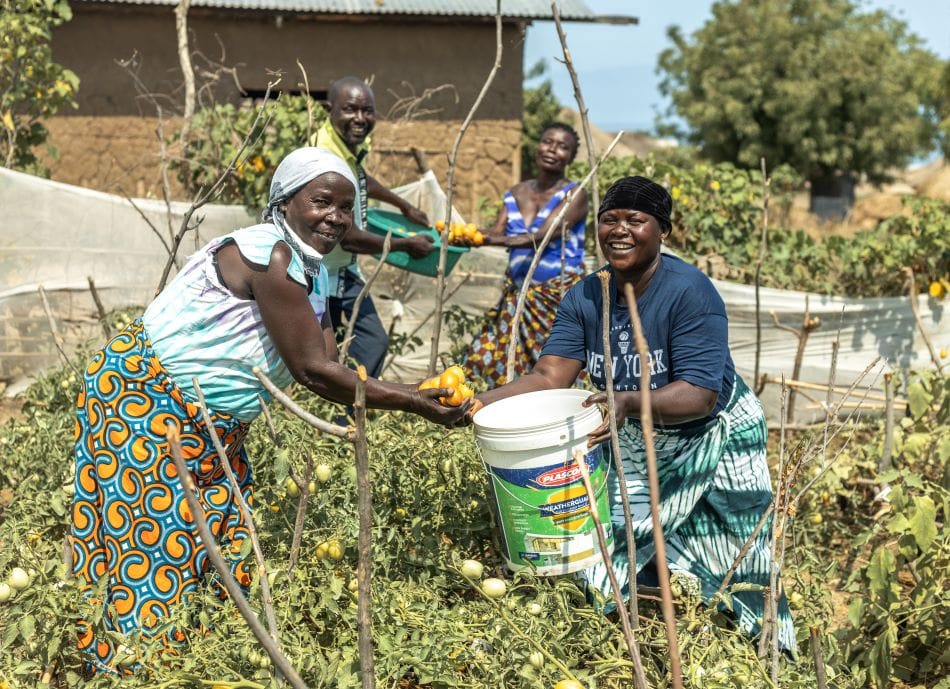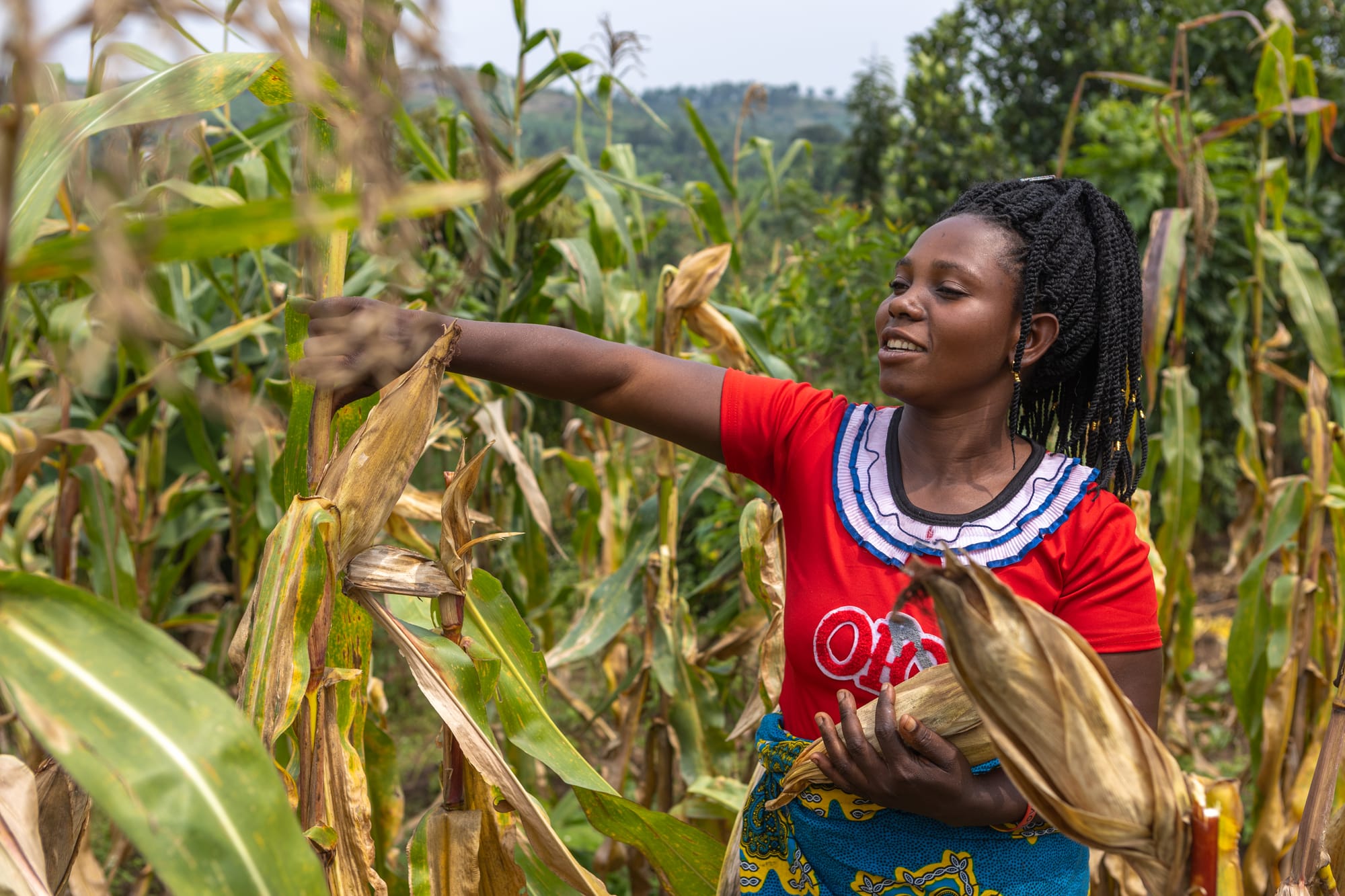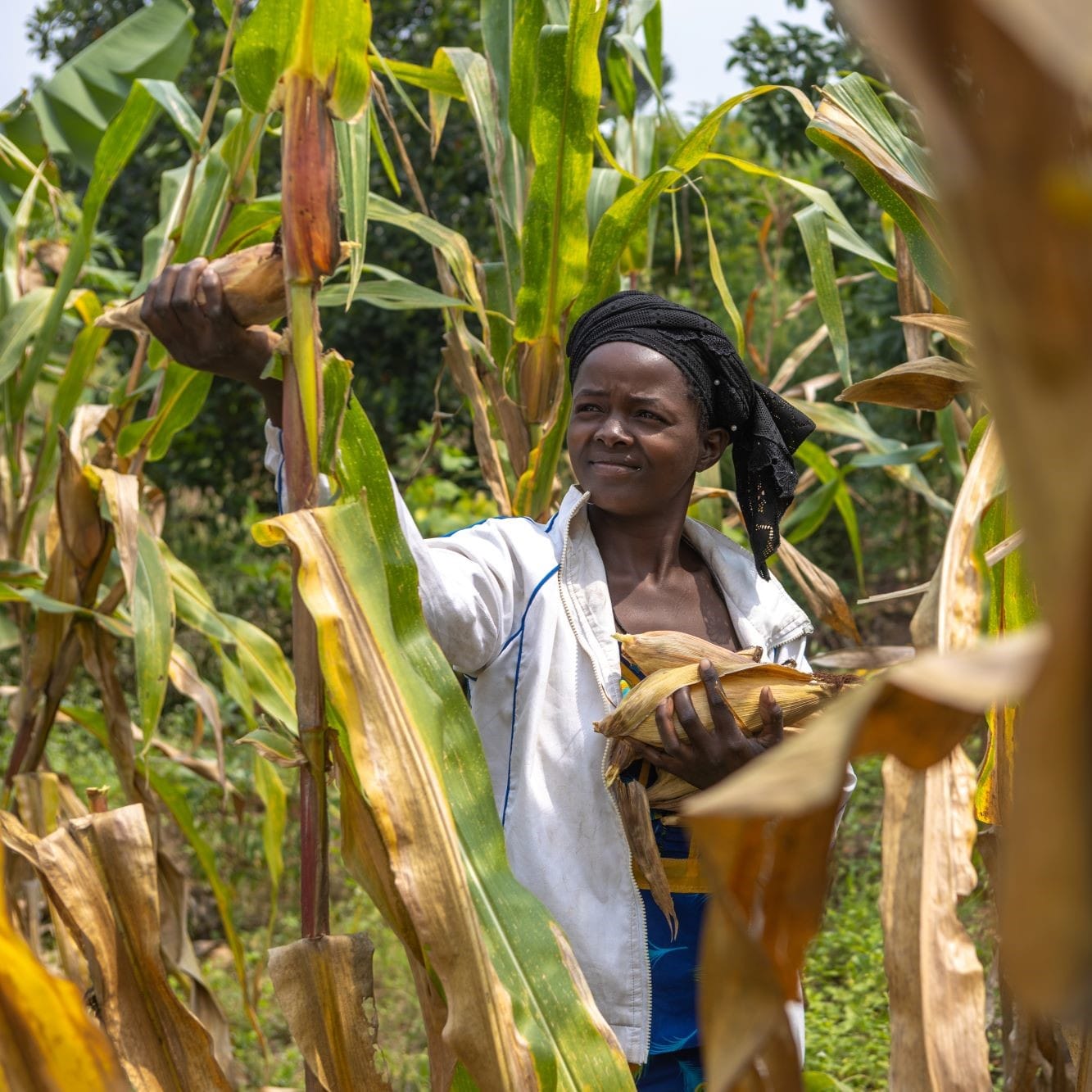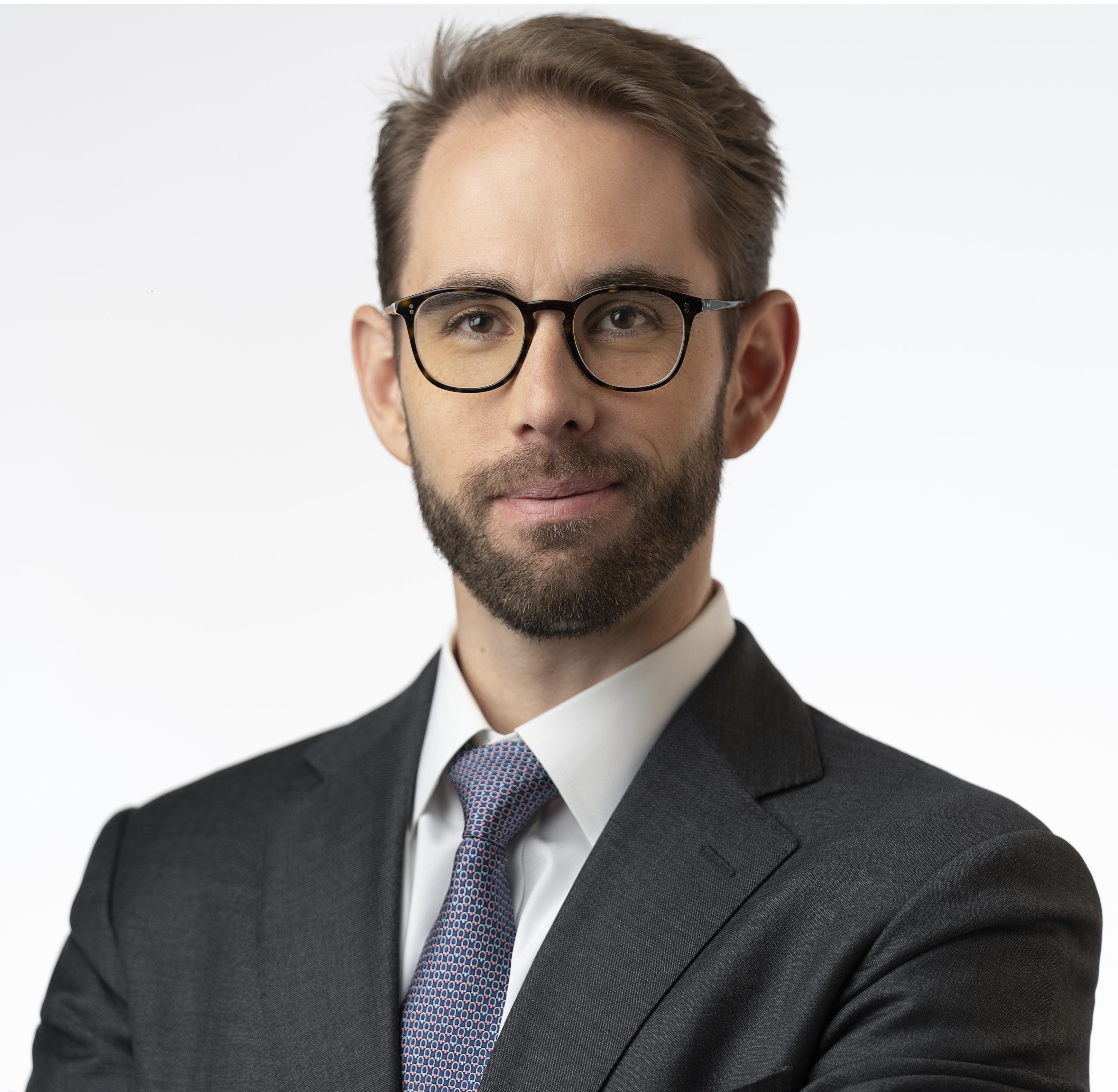The Graduation Approach and Market Systems Development (MSD) offer powerful frameworks for lifting vulnerable communities out of poverty, but in refugee settings, neither approach alone may be enough. Displacement-related challenges—such as limited infrastructure, land tenure complexities, and shifting market dynamics—can make it difficult to sustain livelihoods gains over the long term. To bridge this gap, the SMILES project, operating in Uganda’s Kyaka II and Kyangwali refugee settlements in Kyegegwa and Kikuube districts, is pioneering an integrated model that combines Graduation and MSD. This approach helps extremely poor refugee and host communities move beyond short-term assistance toward self-reliance.
This blog explores key strategies for aligning the Graduation Approach with MSD partnerships in the agriculture input and output, energy, and financial services sectors. Our experience in Uganda highlights how private sector engagement is critical for sustaining economic opportunities. It also shows how businesses, in partnership with development actors, can drive systemic change in some of the world’s most complex environments. This second blog in our SMILES Learning Series focuses on operationalizing the integration of Graduation and MSD. For an overview of the integrated model and its rationale, please see our first blog in this series.
Co-Designing for Last-Mile Impact: Bringing Private Sector Actors into the Field
A core principle of MSD is co-designing interventions with private sector actors (PSAs). Co-design is a structured process of co-creating sustainable business models with PSAs, government agencies, NGOs, development partners, and end-users. The goal is to build a shared vision for how a business model can address systemic market constraints. While many agribusinesses in Uganda are used to working in challenging environments, refugee settlements present unique logistical and economic dynamics that must be addressed during co-design.
In the SMILES project, PSAs initially underestimated the geographic distances between households and the impact of poor road conditions. They had to adjust staffing plans and hire more extension officers and agents than expected. Early field visits during co-design would have helped PSAs better understand distance challenges, road conditions, population distribution, and local market structures. Site visits during co-design allow PSAs to draw on the expertise of SMILES’ field staff to navigate complex socio-political dynamics such as cultural diversity, land tenure issues, language differences, individual trauma, and the implications of a transient population.
Periodic joint monitoring visits between SMILES and PSA staff have also been valuable. These one-day visits to field operations support adaptive management and create opportunities for discussion with PSA staff, agents, farmer groups, agri-dealers, and the leaders of demonstration gardens. They allow for real-time problem-solving and help build trust between PSAs and SMILES, contributing to long-term market development in refugee settlements.
For instance, a joint monitoring visit with an energy company highlighted challenges in creating sustainable demand for clean cookstoves. The business model, which relied on one-off purchases, wasn’t building enough ongoing demand. Together, SMILES and the PSA adapted the model to develop a vendor network supported by advertisements and cooking demonstrations. SMILES also helped vendors with limited cash flow by financing initial procurement, with vendors repaying after sales. This strengthened relationships between vendors, customers, and suppliers, promoting long-term availability of cookstoves in the region.
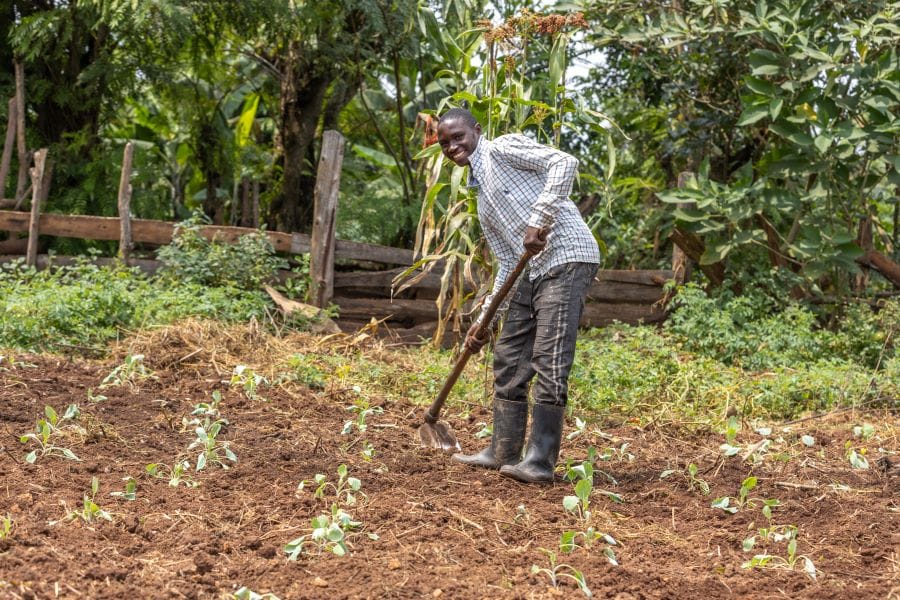
Strengthening Coordination Between Graduation and MSD Approaches
Projects that integrate MSD with the Graduation approach require strong coordination between these two pillars. PSAs working closely with Graduation coaches and community-based trainers (CBTs) ensures that interventions align with the evolving needs of communities. Graduation and MSD activities should not be siloed; they are the shared responsibility of all team members. Continuous team capacity building across both approaches supports cross-functional collaboration.
Graduation coaches and CBTs—often recruited from within the community—have a deep understanding of the political and social dynamics in refugee settlements. Direct communication between PSAs and field teams enables PSAs to better navigate local sensitivities, avoid missteps, and make informed decisions. While major issues may still be escalated to headquarters, on-the-ground collaboration improves project effectiveness. However, it is important to balance adaptive management with structured communication to avoid overburdening PSAs.
Graduation and MSD activities should be jointly planned each quarter at the field level to ensure they are complementary. This includes aligning seasonal activities such as input distribution, production cycles, and market linkages with the livelihood timelines of the Graduation approach. For example, Graduation participants are coached to invest a financial asset into a business of their choice (called Selection Planning and Management). This benefits from PSA engagement, especially when households choose to invest in value chains supported by the PSAs. You can find more detail on how Graduation activities prepare households for market participation in the previous blog.
Rethinking Buy-Back Models: A More Flexible Approach
In buy-back agreements, PSAs arrange with farmers to purchase high-quality produce at harvest time. Farmers are often expected to sell a specified volume of produce, which is supported through PSA-provided agriculture inputs or extension support and training.
SMILES’ partnerships with PSAs initially used a milestone-based payment system, linking payments to the PSA to minimum buy-back volumes from participating households. Over time, we learned that this approach was not the most effective way to encourage sustainability because factors such as fluctuating demand and unpredictable weather meant early harvests often didn’t meet the volume or quality targets. This wasn’t necessarily a sign of weak PSA engagement, but rather a signal that the model needed to evolve. In particular, we found that buy-back volumes were low because household cash flow needs often led farmers to sell early to third-party traders at lower prices, emphasizing the need for financial services partnerships that support households throughout the agricultural season.
A more flexible approach for PSA buy-back targets is more effective. While buy-back targets remain part of our monitoring, we do not recommend tying partner payments to meeting those targets in the first seasons. Instead, we recommend introducing stretch targets for buy-back—where PSAs receive an additional payment for exceeding a benchmark. This approach encourages growth while allowing room to adapt to market fluctuations. The focus is on gradually strengthening buyer-supplier relationships between PSAs and Graduation-supported households.
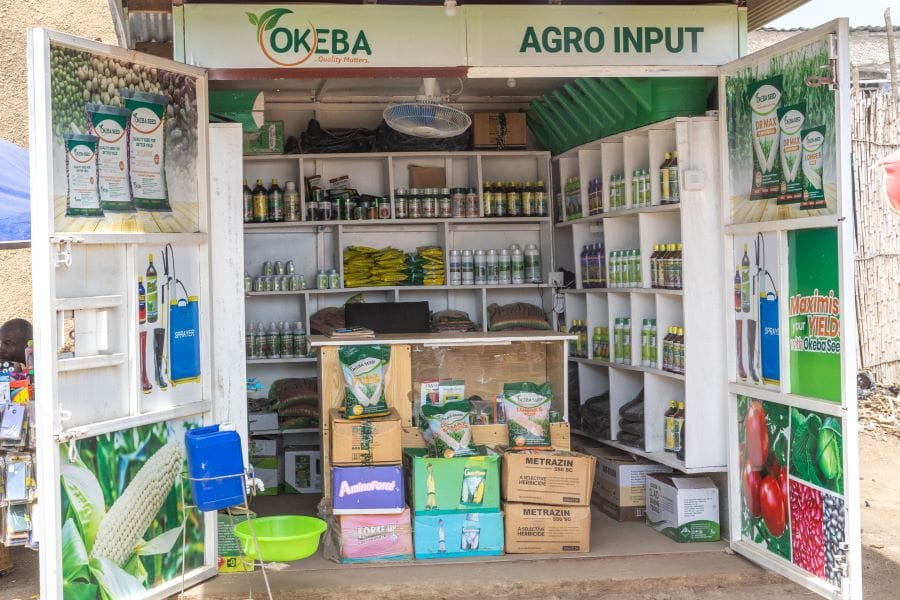
Navigating Land Ownership Challenges in Demo Gardens
PSA-led demonstration gardens play an important role in agricultural training, but their success depends on understanding local land tenure. In refugee settlements, land rights are often contested, making careful planning essential.
Graduation + MSD projects should support PSAs in selecting the most appropriate demo garden model. Gardens on individually owned land are often more accessible but may create tension if group members contribute labor without benefiting from the profits. Group-owned land fosters shared ownership but can also lead to disputes over labor and revenue sharing. Whatever the model, projects should clarify profit-sharing arrangements early to ensure that all members understand and agree to the terms.
Clear, upfront communication helps prevent conflict and promotes engagement. In refugee-hosting contexts, Graduation + MSD projects can also help PSAs navigate land approvals and governance processes that may otherwise deter them from investing in the region.
Ensuring Investment Sustainability: The Long Game
Agricultural investments in refugee-hosting areas typically take longer to become profitable than in other settings. These markets are still developing, and PSAs must build trust with farmers across multiple seasons. This trust-building process includes demonstrating how their products can improve yields and gradually reduce reliance on free, donor-provided inputs.
In early co-design, SMILES planned for two-year co-investments before expecting PSAs to operate independently. Our experience, however, suggests that a three-year timeline (or six farming seasons for key Ugandan crops) is more realistic. Projects should plan for this extended investment horizon and understand that PSAs are one component in a larger effort to strengthen local market systems.
Building Sustainable Livelihoods Through Graduation + MSD
An effective Graduation + MSD project can generate impact beyond short-term humanitarian aid. Graduation activities strengthen household readiness to engage in markets, while MSD addresses systemic barriers to market access. Lessons from SMILES show that even in difficult environments, private sector engagement can create sustainable change. As of February 2025, over 5,600 SMILES households had accessed quality inputs, compared to around 1,100 at the project’s start in August 2023.
By applying these lessons, Graduation + MSD projects can be better adapted to refugee contexts. They help build resilient households that are less likely to fall back into poverty. These efforts enhance food security, expand economic opportunity, and promote social cohesion, as host and refugee communities benefit together from new market opportunities.
